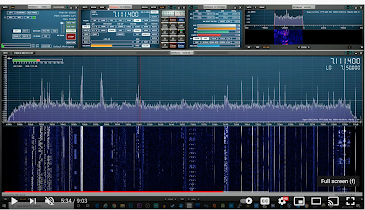Newscan Excerpt from 8/20/04: COURT ON FILE-SWAPPING: GET USED TO IT!
A three-judge panel of the 9th Circuit Court of Appeals has ruled that the movie and recording industries can't stretch copyright law to block online piracy of songs and movies. If the decision is appealed, the U.S. Supreme Court could revisit its landmark Sony Betamax ruling that protected from copyright lawsuits products that have substantial legitimate uses. Whereas the same appeals court ruled against file-sharing service Napster in 2001 because it stored illegally copied files on its central computers, today's peer-to-peer file-sharing networks have no central computers -- and cannot even monitor users, let alone control them. The court urged the entertainment industry to adapt to file sharing the way movie studios did after losing the Betamax case: "The introduction of new technology is always disruptive to old markets, and particularly to those copyright owners whose works are sold through well-established distribution mechanisms. History has shown that time and market forces often provide equilibrium in balancing interests, whether the new technology be a player piano, a copier, a tape recorder, a video recorder, a personal computer, a karaoke machine or an MP3 player."(Los Angeles Times 20 Aug 2004)
A three-judge panel of the 9th Circuit Court of Appeals has ruled that the movie and recording industries can't stretch copyright law to block online piracy of songs and movies. If the decision is appealed, the U.S. Supreme Court could revisit its landmark Sony Betamax ruling that protected from copyright lawsuits products that have substantial legitimate uses. Whereas the same appeals court ruled against file-sharing service Napster in 2001 because it stored illegally copied files on its central computers, today's peer-to-peer file-sharing networks have no central computers -- and cannot even monitor users, let alone control them. The court urged the entertainment industry to adapt to file sharing the way movie studios did after losing the Betamax case: "The introduction of new technology is always disruptive to old markets, and particularly to those copyright owners whose works are sold through well-established distribution mechanisms. History has shown that time and market forces often provide equilibrium in balancing interests, whether the new technology be a player piano, a copier, a tape recorder, a video recorder, a personal computer, a karaoke machine or an MP3 player."(Los Angeles Times 20 Aug 2004)



Comments